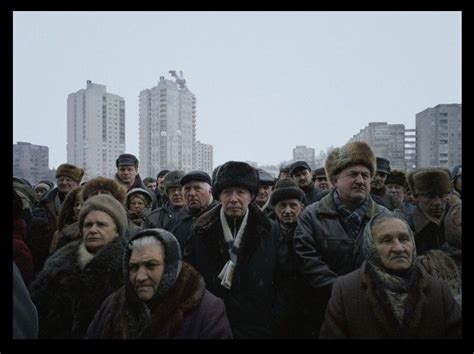A Quote by Francois de La Rochefoucauld
A refusal of praise is a desire to be praised twice.
Related Quotes
The maxim that men are not to be praised before their death was invented by envy and too lightly adopted by philosophers. I, on the contrary, maintain that they ought to be praised in their lifetime if they merit it; but jealousy and calumny, roused against their virtue or their talent, labour to degrade them if any one ventures to bear testimony to them. It is unjust criticism that they should fear to hazard, not sincere praise.
What is required is the finding of that Immovable Point within one's self, which is not shaken by any of those tempests which the Buddhists call 'the eight karmic winds': 1-fear of pain, 2-desire for pleasure; 3-fear of loss; 4-desire for gain; 5-fear of blame, 6-desire for praise; 7-fear of disgrace; [and] 8-desire for fame.

































